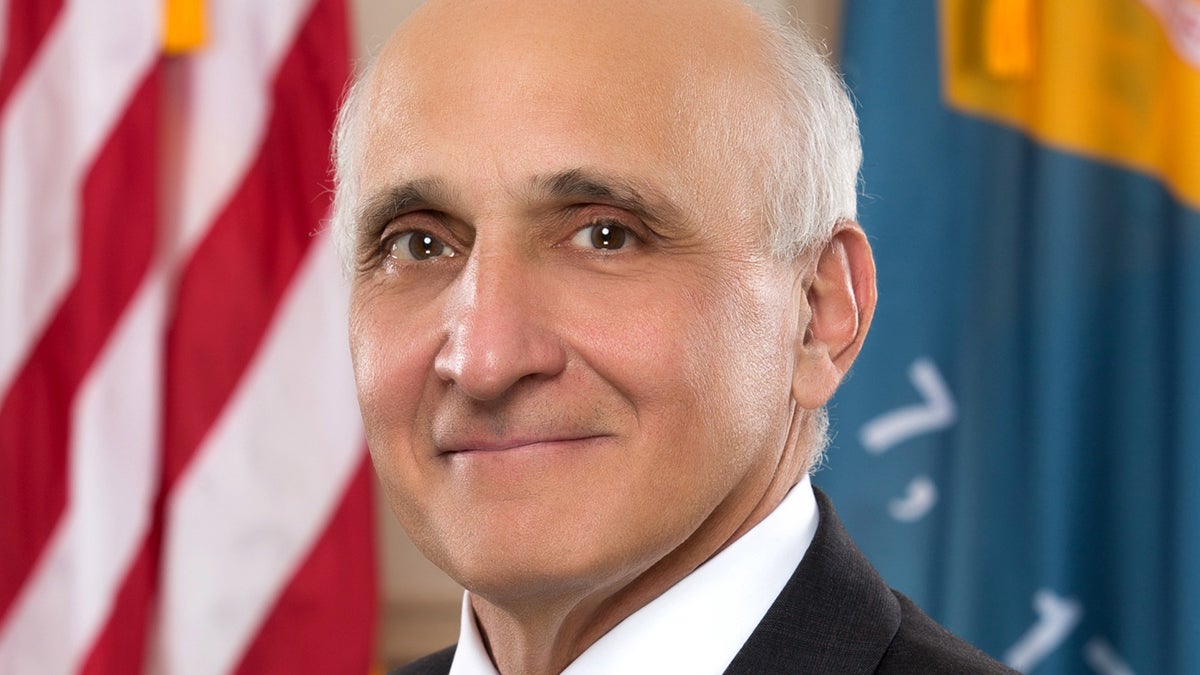Delaware lawmaker stepping dow to lead Division of Substance Abuse and Mental Health

Delaware Rep. Michael Barbieri announces his resignation to become the new director of the Division of Substance Abuse and Mental Health in the Department of Health and Social Services. (Image courtesy of the Delaware House Democratic Caucus)
Delaware state Rep. Michael Barbieri is used having state officials report to him. On Aug. 4, the tables turn.
After eight years at the State House, Barbieri is giving up his seat to become director of Delaware’s Division of Substance Abuse and Mental Health.
His new boss is Rita Landgraf, secretary of the Department of Health and Social Services.
“We have worked very, very well together all along, and he is so committed to the population, that I believe he is very anxious to get back into an area of public service where he can actually engage in implementation and day-to-day activity,” Landgraf said.
“This is not a new career for me; it’s a continuation of my professional life’s work, where I feel I can make even more of a positive difference,” Barbieri said in a press statement.
A licensed social worker, he founded a Crossroads of Delaware, a substance abuse-treatment program in Wilmington for youth — but will now step away from that post too. His state salary will be $144,000, Landgraf said.
In his new job, Barbieri will help overhaul the state’s mental health system.
In 2010, a Department of Justice investigation found that many with mental illness were housed in Delaware psychiatric hospitals for longer than was medically necessary. Soon after, the state agreed to give those with persistent mental illness greater access to work, housing and care in the community — instead of warehousing them at the Delaware Psychiatric Center, and the other mental health hospitals in Delaware.
“If you look at our chronic population at DPC, we had people living there since the ’60s,” Landgraf said.
Delaware is entering the final year of the five-year overhaul and settlement agreement.
“The idea is that individuals can receive the same types of supports and services living in their community, which is a less restrictive environment; they can be productive citizens and still receive the supports and services that they need,” said Lisa Furber, a paralegal and patient advocate with Community Legal Aid Society Incorporated, a law firm representing people with disabilities and mental illness.
Furber said her group is generally pleased with Delaware’s work, but the state still has promises to fulfill.
“The target goal for 2015 was to reduce their bed-day usage by 30 percent, currently according to the progress report, they have not met that goal, they are at about 22.5 percent. In 2016, the target goal is 50 percent,” Furber said.
Landgraf said Delaware has expanded services for people experiencing a mental health crisis. Among the changes, more beds are available for people who don’t need hospitalization, but do need a temporary place to stay, she said.
WHYY is your source for fact-based, in-depth journalism and information. As a nonprofit organization, we rely on financial support from readers like you. Please give today.

